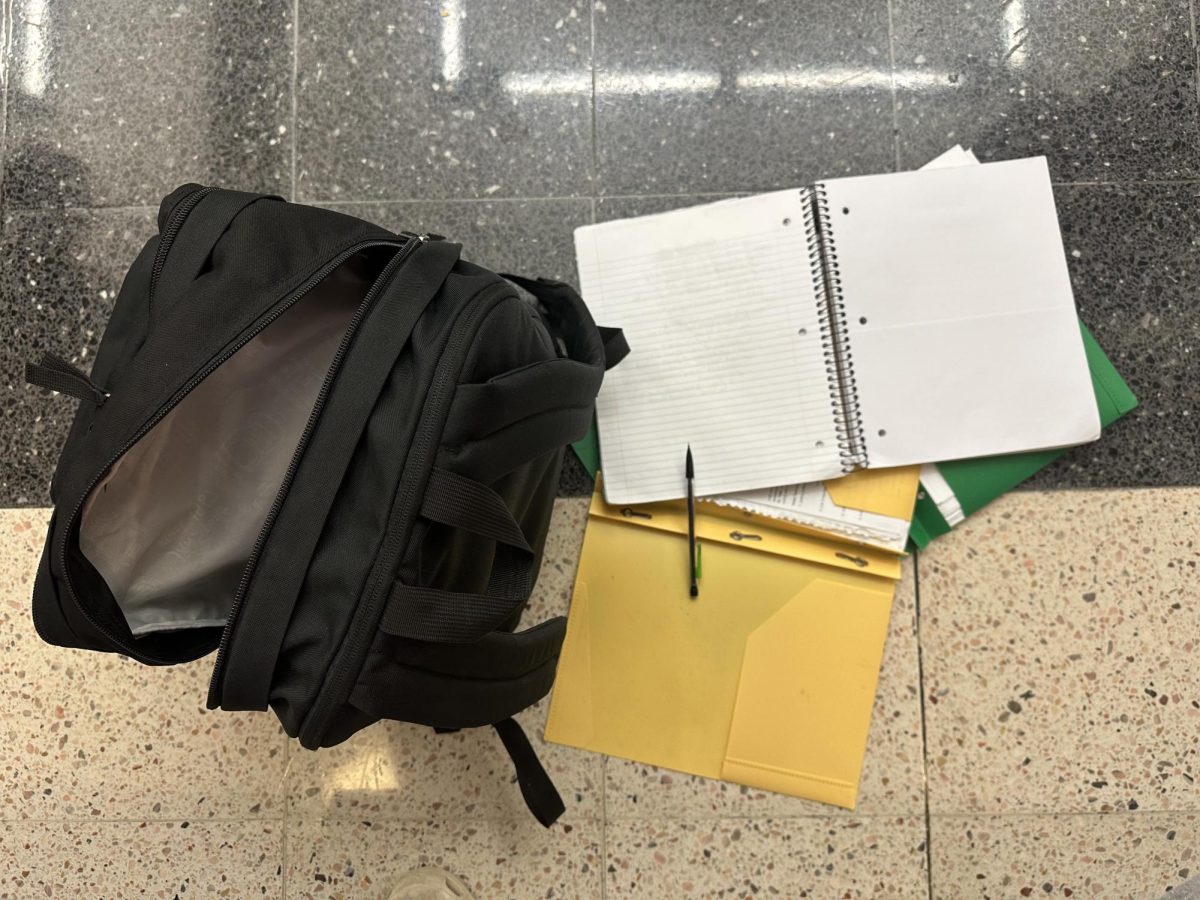Tests, homework, and projects. These are just a few of the many obstacles that an average high schooler will experience. When work starts to pile up, students have to take the time out of their day to get it done, even missing out on extracurricular activities because of it. These students sacrifice not only time out of their day, but time out of their sleep.
According to the CDC, teenagers are supposed to aim for 8-10 hours of sleep per night. However, the average amount of sleep that a high school student gets is around 7 – 7 ¼ hours (possibly even less than that). How does school interfere with student’s sleep?
According to the University of Phoenix, teachers assign around 42 minutes of work per day, meaning that homework could take around 3.5 hours to get done if you had 5 classes. At Oakdale High School, the average student takes 4 classes (not including SET). This means that they would have around 2.8 hours of work to do.
Sophomore Jayce Todd, an active runner for Oakdale, expressed some of these frustrations when it came to school work and sleep: “Sometimes if I had a lot of homework, I [would] stay up later than I normally would so that way I can finish it.”
While school work can be annoying for Todd, he does believe it serves a purpose. He mentioned,“It helps you understand the material that you learn in class better, but it ends up taking a lot of time that you could use for friends and sports.”
According to a National Sleep Foundation poll, 87% of high school students admitted to not getting enough sleep per night. When this statistic and the school work statistic are compared, there is a clear correlation between them, showing that school work plays a large role in how much sleep a high schooler gets.
Extracurricular activities can make it even harder, too. Andrew Smith, a senior who does track and cross country, expressed these frustrations when it came to balancing school, sports, and getting a good amount of sleep. On average, he has about two to three hours of school work per night.
“Usually they’re after school, but [it] also takes up time that I could have been doing to get my homework done earlier, so it pushes my homework later and everything later.”
Additionally, Smith described how hard it can be to go to bed early with the school work that he gets: “If you want to wake up early, you have to go to bed early, but it’s hard with all this school work you have.”
Students are already stressed enough when it comes to getting school work done while trying to get a good amount of sleep. While there are benefits to school work, most students can agree that it should not extend to the household. How are students supposed to wake up early, get around eight to ten hours of sleep, and complete a bunch of school work?

































